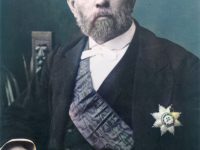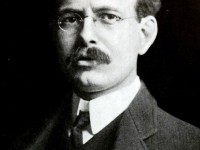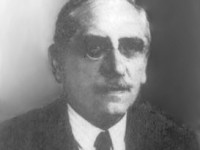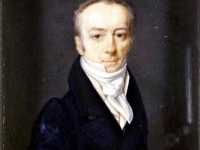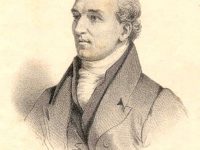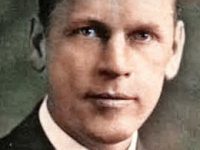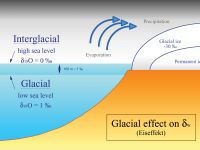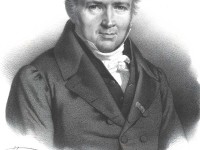Sir Ferdinand von Mueller – Government Botanist
On June 30, 1825, German-Australian physician, geographer, and botanist Baron Sir Ferdinand Jacob Heinrich von Mueller was born. Von Mueller migrated to Australia in 1848 for health reasons, and there became the country’s greatest 19th-century scientist as a great botanical collector and writer. His contributions covered a wide field of sciences such as geography, pharmacy, horticulture, agriculture, forestry, paleontology, and zoology. His activity as a botanist is shown by hundreds of Australian…
Read more

